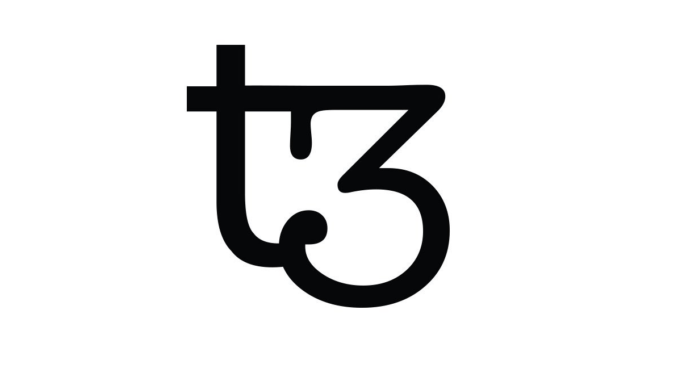
In a move that may reshape the legal approach to blockchain and Initial Coin Offerings (ICOs) in the US, a former Clifford Chance associate has brought a class action against blockchain start-up, Tezos, which has been trying to create a completely new blockchain to rival the likes of Ethereum.
The company had recently undergone an ICO to offer a token to users of the planned new blockchain platform, however things have not gone smoothly and now at least one purchaser of the Tezos token has brought a claim against the company behind the $232 million ICO, as well as several others connected to the offering.

The move could prove seismic for the ICO sector because as well as including a consumer complaint it also raises several questions about the legal position of ICOs in the US and whether they are securities.
In short, what has started with an upset purchaser of a token could in theory evolve into an historically important trial that sets the tone toward the blockchain and ICO sector for years to come in the world’s largest legal market. It could also potentially drive the SEC to provide a fuller regulatory position on ICOs than what it has so far provided to the public.
Lawyers will also be watching this with interest to see if other similar cases against other ICO issuers could be brought.
According to court papers filed in California, James Taylor-Copeland, who runs his own firm in San Diego, and was previously an associate in the US practice of global law firm Clifford Chance, and then Mintz Levin, has filed the class action for several reasons. One of which has been the delay in receiving the ‘Tezzie’ tokens, which the plaintiff, Andrew Baker, paid for with Bitcoin.
However, the real meat in legal terms of the claim are laid out by Taylor-Copeland in the court papers and state that the aim is to explore, among other points:
- Whether the tokens offered ‘constitute securities under the Securities Act’.
- Whether the tokens ‘violated registration provisions of the Securities Act’.
- Whether statements ‘made by the defendants before and during the ICO misrepresented material facts about the Tezos network and the value of Tezzies’.
All of the above may pertain to the behaviour of many ICOs, which are often not formally vetted nor receive any legal approval from regulators, moreover, in some cases the value of the tokens of a variety of companies have fallen rapidly after their initial sale.
The case also opens up additional questions about whether contributing to an ICO is just a ‘donation’ or whether it’s a response to an invitation to invest in a security.
Meanwhile, Tezos says of itself: ‘Tezos is a new decentralised blockchain that governs itself by establishing a true digital commonwealth. It facilitates formal verification, a technique which mathematically proves the correctness of the code governing transactions and boosts the security of the most sensitive or financially weighted smart contracts.’
However, the Tezos ICO, which took place in July 2017, is now over and understandably there is not much anyone can do with the Tezzie tokens that people have paid for until the new Tezos blockchain platform goes fully live.
All in all the case could turn out to be one that reshapes how the US courts view ICOs and in turn send shockwaves through the global ICO community. We’ll soon see.

1 Trackback / Pingback
Comments are closed.